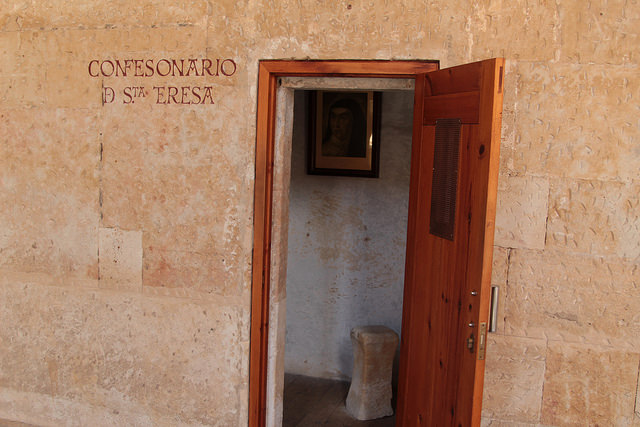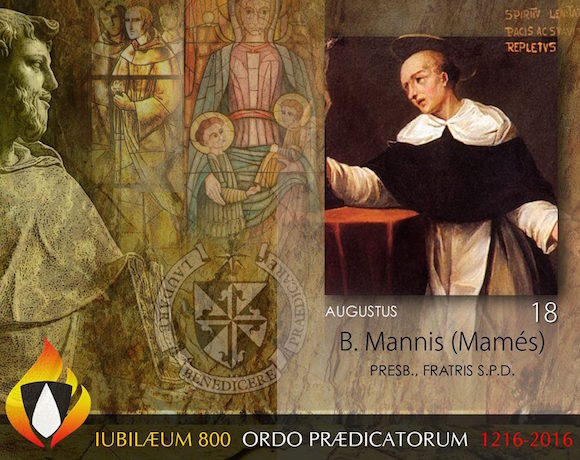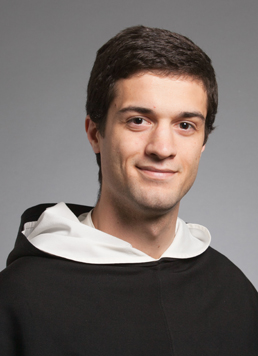“If we wish to make any progress in the service of God we must begin every day of our life with new eagerness. We must keep ourselves in the presence of God as much as possible and have no other view or end in all our actions but the divine honor.”
– Saint Charles Borromeo
“We must meditate before, during and after everything we do. The prophet says: “I will pray, and then I will understand.” This is the way we can easily overcome the countless difficulties we have to face day after day, which, after all, are part of our work. In meditation we find the strength to bring Christ to birth in ourselves and in others.”
– Saint Charles Borromeo
“St. Charles Borromeo is an eminent example of the blessed man spoken of in the readings for today’s Mass who, at the Lord’s command, renounced his own life and possessions to carry the cross of Christ. St. Charles strove to imitate Christ and so brought others to him. He accomplished this in particular through his tireless concern for the doctrinal, liturgical, and spiritual formation of both priests and laity, as well as by his constant care for the spiritual and material needs of all people. It is these qualities which make him the very portrait of a saintly pastor, a model after whom every bishop would want to follow.
St. Charles was born near Milan, Italy, in 1538 to the Count Gilberto Borromeo and the Countess Margherita de’ Medici. At age twenty-two, Charles (who was not yet even in holy orders) was made a cardinal by his uncle, Pope Pius IV. Charles was entrusted with the administration of the Archdiocese of Milan, which had been without a bishop for 80 years and was thus in a state of corruption and spiritual decay. Because of his role in organizing the final session of the Council of Trent, however, he did not assume control of his diocese for another six years.
When he at last arrived in Milan, he began to put into practice a plan of reform that, above all else, would teach his clergy and people how to be true disciples of Christ, renouncing all possessions and picking up their crosses daily (Mt. 14:25-33). He knew, though, that to get everyone on board he himself had to be the first to exhibit a life radically oriented to Christ. To show his uncompromising opposition to all ostentation and luxury, he sold what today would be equivalent to $3 million of his personal treasures and gave the entire sum to relieve families in distress. In private, he wore a simple cassock all year round to identify with the poor, and he put on his cardinal’s robes only when the situation demanded it. Whenever famine struck, he would personally feed upwards of 3,000 people daily for months on end.
But the greatest proof of his Christ-like simplicity comes from his actions in 1575 when a great plague broke out in Milan. The hospitals were “overflowing with dead, dying, [and] sick … having nobody to care for them” (Butler’s Lives of the Saints [1956 edition], 4:261). This sight moved St. Charles to tears and he “literally exhausted all his resources in relief and incurred large debts on behalf of the sufferers.” In a style that today would be hailed as classic Pope Francis, he even took the colored fabrics that were used to decorate processional routes and had them “made into clothes for the needy. But the archbishop was not content with prayer and penance, organization and distribution; he personally ministered to the dying, waited on the sick and helped those in want.” This is exactly the love which St. Paul reminds us today that we owe to our neighbors (Rom. 13:8-10).
But St. Charles realized that preaching the Gospel to the poor and suffering didn’t just mean material help; he knew that the highest form of charity would be to remedy the spiritual ills that afflicted his people. When he first arrived in Milan, Charles quickly found that “the Sacraments were neglected, for many of the clergy scarcely knew how to administer them and were lazy, ignorant, and debauched” (258). Clearly, the first thing to be done was to reform the clergy, providing both spiritual and doctrinal formation so that they could be effective pastors. So “he preached and catechized everywhere, displacing the unworthy clergy, and put in their stead others who were capable of restoring the faith and morals of the people” (259). He also demonstrated the importance for priests of caring for their own souls first so that the flock could benefit from their holy preaching. Charles set this example by going on retreat twice a year and making confession every morning before celebrating Mass.
Perhaps most importantly, St. Charles taught his priests the value of praying in the context of the Sacred Liturgy, knowing that if they did not fully enter into it, the people would never learn how to make use of the primary means of encountering Christ. He had a “great regard for the Church’s Liturgy, and never said any prayer or carried out any religious rite with haste, however much he was pressed for time or however long the rite continued” (258). This was to prove to his people the ancient adage that “the way you pray becomes the way you believe, which in turn becomes the way you live.”
St. Charles Borromeo is a model bishop for our own day particularly insofar as he is a bishop similar to the hearts of both Pope Francis and Pope Benedict. He seems to have united in his own character the major themes for which each papacy is known: simple living and service to the poor, on the one hand, and the promotion of doctrinal soundness and liturgical dignity from a charitable heart, on the other. The example of today’s saint allows us to see the harmony in the styles of these two popes, demonstrating to all that the service we owe to God in the Liturgy and the service we owe to our neighbor always go hand in hand.”
Love,
Matthew


















